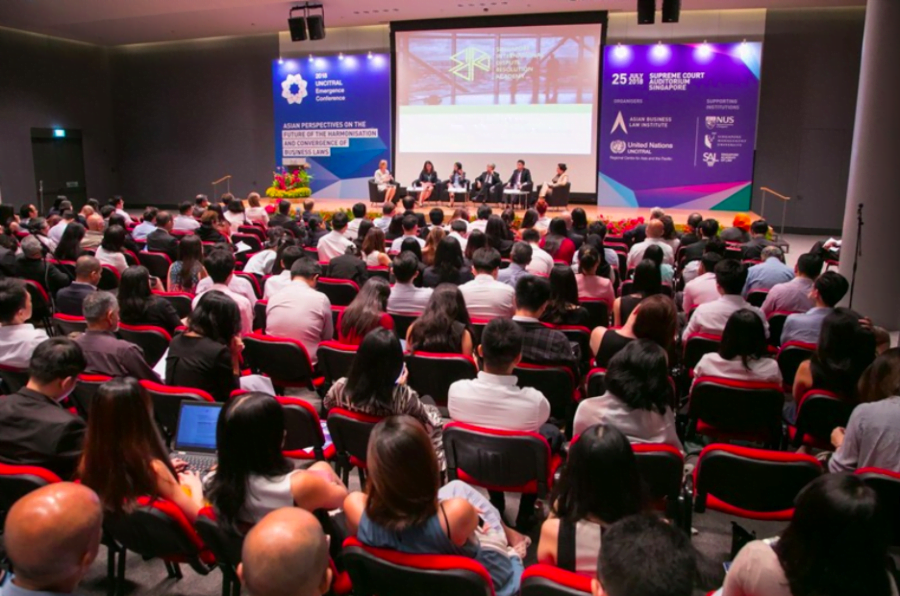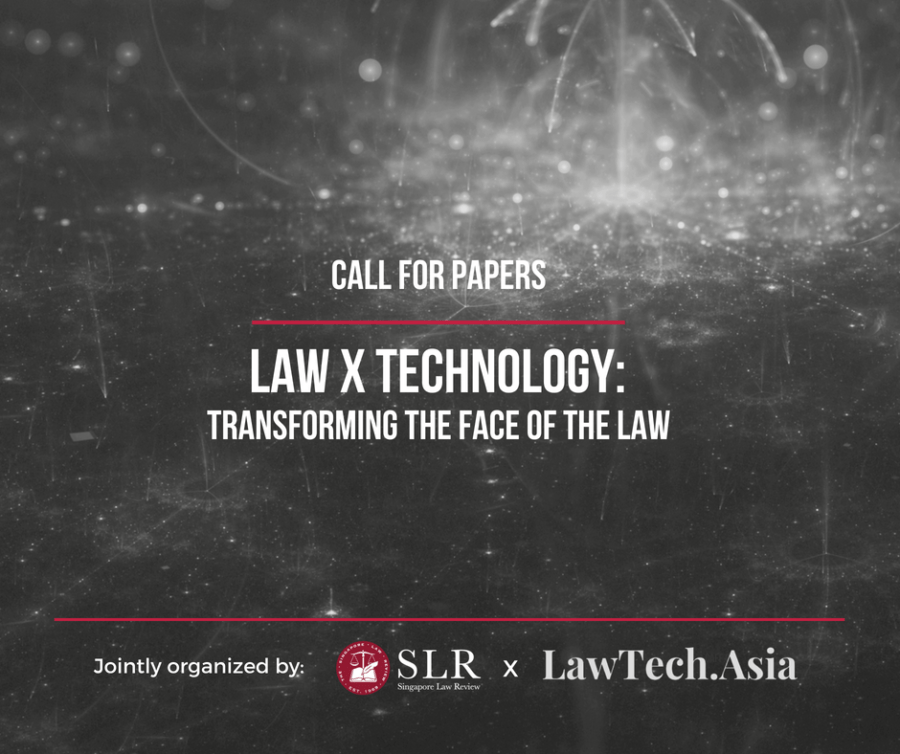Interview by Jennifer Lim, Josh Lee, and Ong Chin Ngee | Edited by Josh Lee
Organised by Malaysian legal tech startup CanLaw, LexTech Conference 2018 is an APAC-wide regional legal technology conference taking place from 25 to 26 October 2018 in Kuala Lumpur. LexTech Conference 2018 aims to drive legal tech adoption in the region and strengthen the regional legal tech community. In the lead-up to LexTech Conference 2018, the LawTech.Asia team will be bringing to you regular interviews and shout-outs covering prominent individuals who are involved in the conference.
LawTech.Asia spoke with Aditya Shivkumar, Co-Founder of Resolve Disputes Online (“RDO”), about smart contracts and online dispute resolution (“ODR”) – a topic that Aditya will be speaking on at the LexTech Conference.
What are smart contracts, and what sort of transactions can it be used for? How specifically do you think smart contracts can be applied in ODR?
Smart contracts are not your conventional paper-based contracts. It actually consists of lines of code. There are multiple coding languages for smart contracts, such as Solidity or Bamboo (if one is executing a smart contract on the Ethereum network). Smart contracts utilise blockchain technology. The former is the front-end, while the latter is the back-end.



